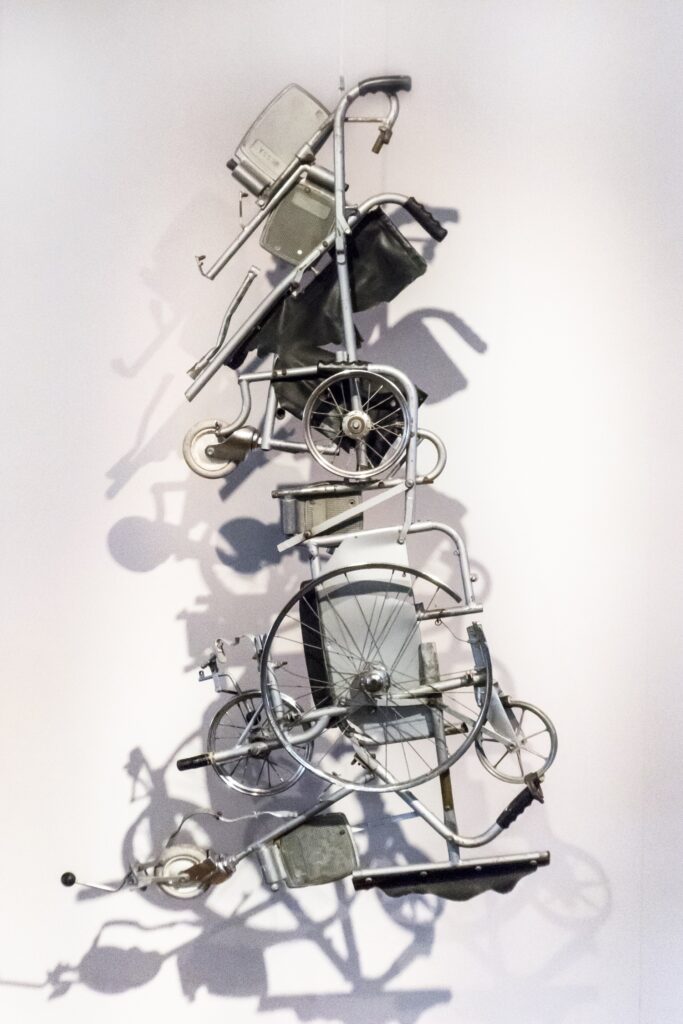Enjoy this article?
Most Museums Journal content is only available to members. Join the MA to get full access to the latest thinking and trends from across the sector, case studies and best practice advice.

Ableism might be defined as “the discrimination of and prejudice against disabled people based on the belief that typical abilities are superior”.
At its heart, ableism is rooted in the assumption that disabled people require “fixing” and defines people by their disability.
Recently, I saw a disabled graduate in cap and gown stagger up at a glacial pace, balanced precariously on a walking stick, to receive his award. He almost fell over and it took him quite some time to regain a semblance of balance. It was painful to watch.
As a fellow disabled person I couldn’t help wonder why he didn’t make life much easier for himself and use a wheelchair.
The audience, though, were much quicker on their feet. They clapped, whooped and cheered – a standing ovation, you might say. What great performance had they witnessed?
I can only think that they witnessed a collective masterclass in ableism – a disabled person oppressed into genuinely thinking that, if he could raise himself heroically and stagger towards his degree certificate, he had somehow validated himself as – sort of – one of them: the non-disabled.
To be upright, on legs, made him somehow more acceptable. Trying at any cost to be like them raised the roof and, as such, reinforced the need for him to keep doing this to gain acceptance and approval.
Would they have applauded and whooped quite as much if he had made life easier and safer for himself by using a wheelchair? I don’t think so. From where I was sitting, it was, I felt, an example of ableism.
I might of course be prejudiced, and this wasn’t the case at all. He may have just been a particularly well-liked student. The audience can get a little excited on graduation day.
You decide…
Tony Heaton is a sculptor and a member of the Museums Association board
Most Museums Journal content is only available to members. Join the MA to get full access to the latest thinking and trends from across the sector, case studies and best practice advice.